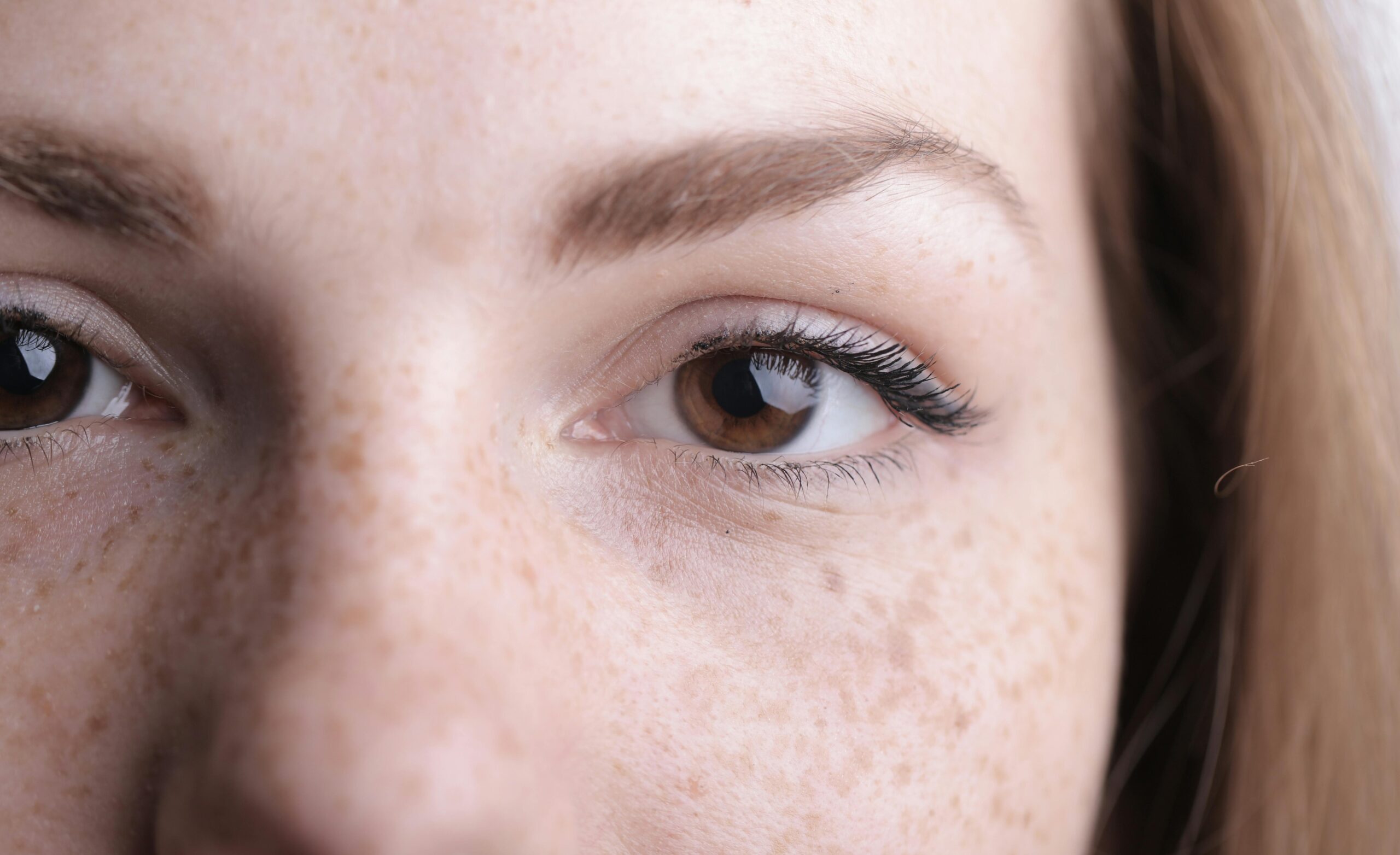The Top 5 Qualities Needed top be a Mental Health First Aider
1 in 2 people will experience a diagnosable mental illness at one point in their lifetime.
This makes Mental Health First Aid (MHFA) a vital skill in today’s workplaces and communities.
But what does it take to excel in this role?
If you’ve ever wondered, “What qualities do you need to be a mental health first aider?”, this post provides a comprehensive answer, as we explore the essential traits that make a difference when leading a person to resources to support their mental well-being.
Whether you’re considering MHFA training or are already certified, understanding these qualities can help you make the most of your role.
What Is Mental Health First Aid Training?
In one sentence, Mental Health First Aid training equips individuals with the skills to recognize, approach, and support someone experiencing mental health challenges.
A more detailed explanation can be found here.
However, being effective as a mental health first aider requires more than just knowledge.
Let’s delve into the five key traits that MHFAiders should cultivate.
5 Qualities Needed to Be a Mental Health First Aider
1. Empathy and compassion
Empathy is at the heart of being a mental health first aider. Understanding and validating someone’s feelings—without judgment—can create a safe environment for them to open up. Compassion complements empathy by driving your desire to help others.
This is one of the most critical answers to what qualities do you need to be a mental health first aider?
2. Communication skills including listening skills, body language, verbal and non-verbal skills
Active listening and effective questioning are core elements of MHFA training. A mental health first aider must listen attentively, offer thoughtful responses, and maintain confidentiality. Strong communication builds trust, making it easier for someone to seek support.
The good news is that this is a trainable skill.
Participants learn, experience and practise specific skills such as
- the effect of “I” statements vs the effect of “you” statements
- asking vs advising
- seeking to understand vs seeking to be understood
- the power of silence
- what questions are useful to ask
- and much more.
3. Patience, calmness, and humility
Patience, calmness, and humility are crucial qualities for a mental health first aider. These traits help you avoid jumping to conclusions or offering advice and resources prematurely. By staying calm and giving the person space to fully unpack their story, you can better understand their challenges. Humility ensures that you approach the situation with an open mind, acknowledging that your role is to support rather than to solve or impose solutions.
4. Non-judgmental attitude
One of the foundational principles of MHFA is to create a non-judgmental space. This means setting aside personal biases and focusing on understanding the person’s unique experience. A non-judgmental attitude fosters trust and encourages honest communication.
5. Willingness to learn and adapt
Mental health is a dynamic field, and situations can vary widely. Being open to learning, reflecting on your experiences, and adapting your approach ensures you can provide the best possible support. When engaging in a conversation with someone about their well-being,
we are not:
- reading a script.
- taking notes
- thinking of the best question to ask that we learnt in the course.
Instead, we are:
- providing something very unique in today’s world – 100% presence and attention on the other person, focussed on their needs
- listening much more than speaking (guideline 80% listening, 20% asking questions to understand)
- flexible in our approach, understanding that what “works” for one person, will be very different for another person.
The willingness to grow is a key part of what qualities you need to be a mental health first aider in a constantly changing world.
Why These Qualities Matter
Understanding what qualities you need to be a mental health first aider is essential because these traits enable you to:
- build trust and rapport with individuals in need.
- navigate challenging conversations with care and professionalism.
- contribute to a workplace culture that prioritizes mental health and well-being.
By cultivating these qualities, you can make a meaningful difference in someone’s life.
How to Develop These Qualities
While some qualities may come naturally, Mental Health First Aid training can help you hone these skills. Through interactive workshops, skills practise, and real-life case studies, our training programs provide practical tools to develop empathy, communication, and adaptability.
If you’re ready to embrace this role, start by asking yourself: “Am I willing to embrace the qualities needed to be a mental health first aider?”
Conclusion: What qualities do you need to be a mental health first aider?
To recap, the five essential qualities for a mental health first aider include empathy, communication skills, patience/calmness/humility, a non-judgmental attitude, and a willingness to learn. These traits empower you to provide meaningful support and create a positive impact on others’ mental well-being.
If you’re considering this role, now is the perfect time to explore Mental Health First Aid training. By developing these qualities, you’ll be equipped to support individuals and foster a culture of care in your workplace or community.
Becoming a Mental Health First Aider
MHFAiders can facilitate meaningful change without taking on the role of a psychologist.
Globally, over 8 million people have completed Mental Health First Aid training. It’s a highly effective, internationally recognized program backed by research and real-world success stories.
Find out more about how to become an MHFAider and make a difference in your organization and beyond.

Author: Travis Simlinger, Founder of Progressive Coaching

Informed decision: Find out what our workshop participants say about our training here

